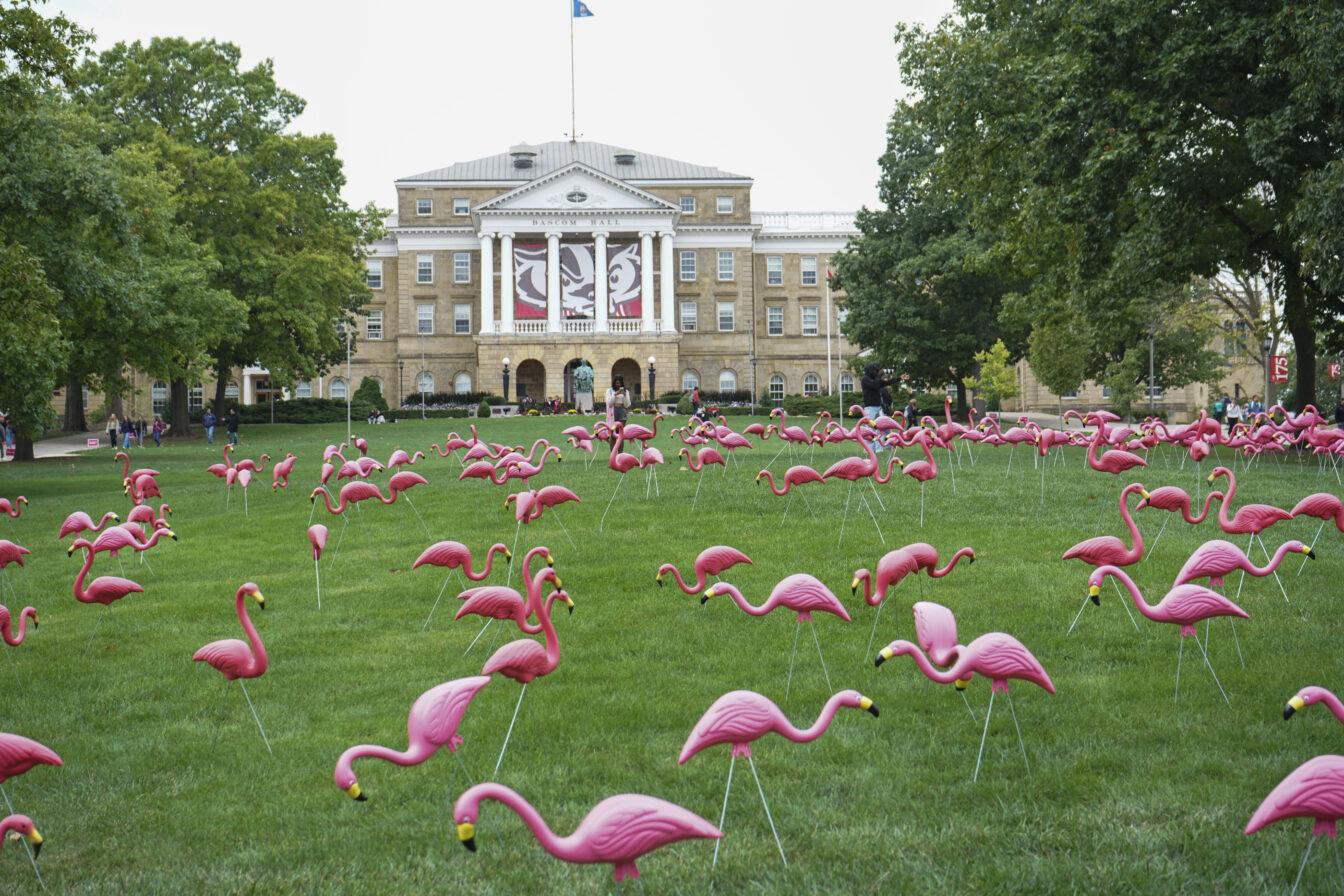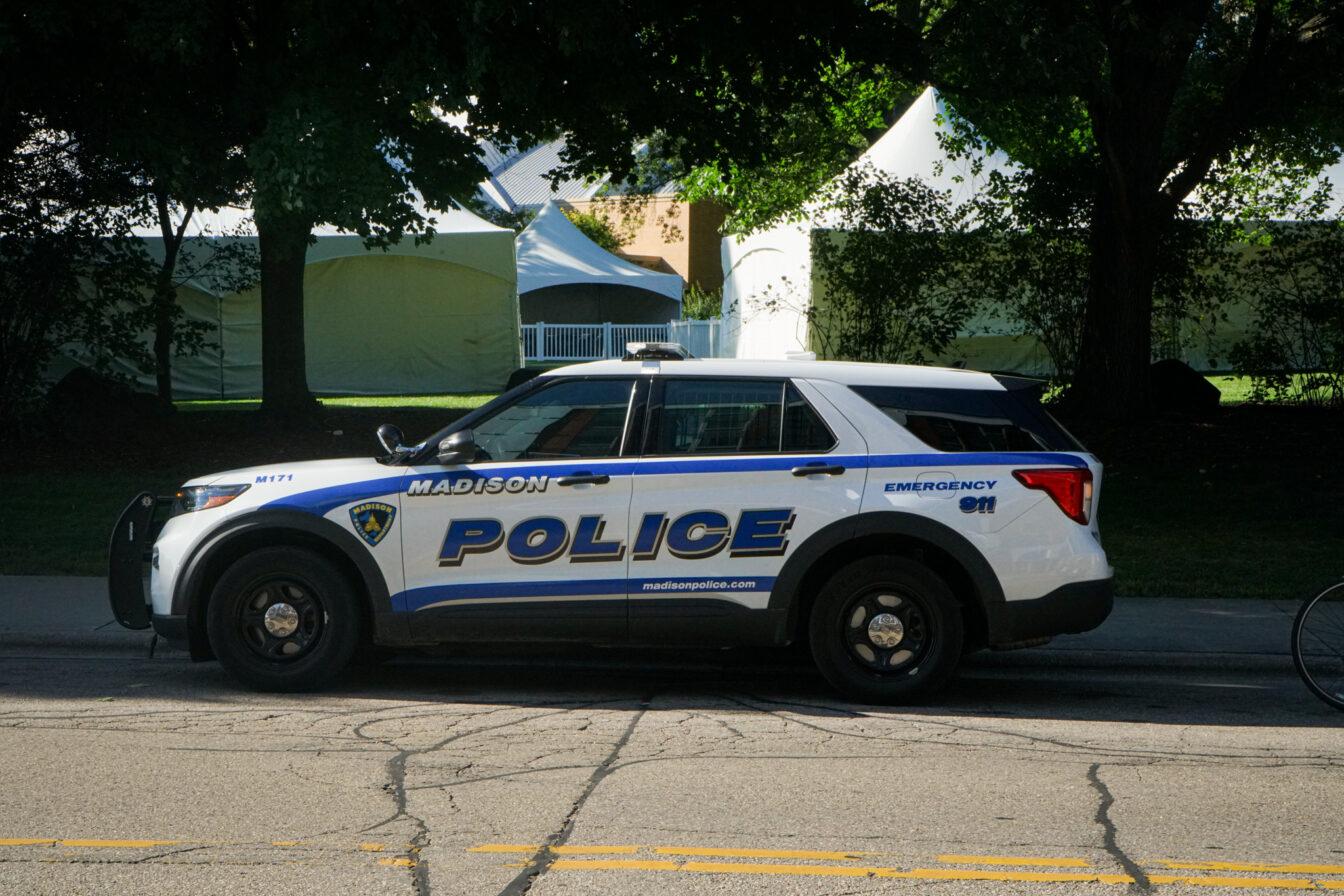Gov. Jim Doyle still plans to lower the state’s legal blood-alcohol level in order to receive federal highway funding, despite reports of a quid-pro-quo deal with a state representative in order to preserve the governor’s right to negotiate tribal gaming compacts unilaterally.
Rep. Jeff Stone, R-Greendale, wrote a letter to Doyle Thursday asking about Doyle’s current stance on the state’s blood-alcohol-content level for operating motor vehicles.
Doyle included plans to lower the state’s BAC from 0.10 to 0.08 in his 2003-05 budget. According to the budget, the decrease would help prevent loss of life from drunk-driving accidents while ensuring that Wisconsin receives its fair share of federal highway funds.
The BAC debate spilled into the Senate’s attempt to override Doyle’s veto of a bill that would allow legislative oversight of tribal gaming compacts. The Milwaukee Journal Sentinel quoted Sen. Roger Breske, D-Eland, as saying he cut a deal with Doyle offering the swing vote in the gaming matter for the omission of the BAC lowering in the budget.
Breske, a former president of the Tavern League of Wisconsin, could not be reached for comment.
Doyle responded to Stone in a letter Tuesday that said he had advocated the 0.08 standard for more than a decade as district attorney and state attorney general and that he struck no deal with Breske.
“Contrary to what has been reported, at no time did Sen. Breske ask for anything in return for his vote to sustain my recent veto, and I look forward to signing a budget bill that includes 0.08 as the legal level of intoxication,” Doyle said in the letter.
Stone said his main concern with Doyle’s reported wavering was not the actual level of intoxication, but rather the $24.4 million the change would garnish for the state’s transportation fund.
“My stance consistently has been to focus our attention on repeat and highly intoxicated offenders,” Stone said. “If the governor decides not to lower the level, that’s approximately $25 million in federal dollars that will not be in the transportation fund. We would have to come up with a way to replace that.”
Stone said that alternatives to lowering the BAC would prove more effective.
“Do we want to spend time and resources investigating and prosecuting this lower level when the average blood alcohol content of a intoxicated driver pulled over is 0.16? A level of 0.08 isn’t necessarily the answer for us as a state,” Stone said. “If we could come up with evidence that what we were doing to prevent repeat and highly intoxicated drivers is more effective, maybe we could get a waiver from the federal government.”
Barb Mercer, the current president of the Tavern League of Wisconsin, said the 0.08 BAC level was not necessary but inevitable.
“We in Wisconsin already have stronger, more effective laws against repeat offenders than other states,” Mercer said. “We’ve been lobbying in Washington for a waiver to get the stricter law we have currently under effect to get to run for five or six years to show that is more effective than simply lowering the blood-alcohol content.”
Mercer said the lower BAC came from a federal mandate that requires states to lower their legal level of intoxication to be eligible for federal highway dollars.
“If it doesn’t happen this session, it will definitely happen next year,” Mercer said.







